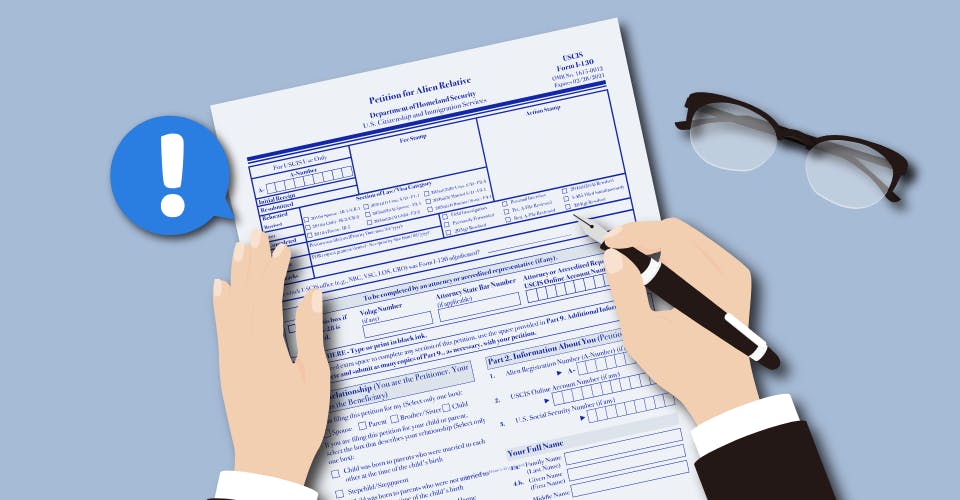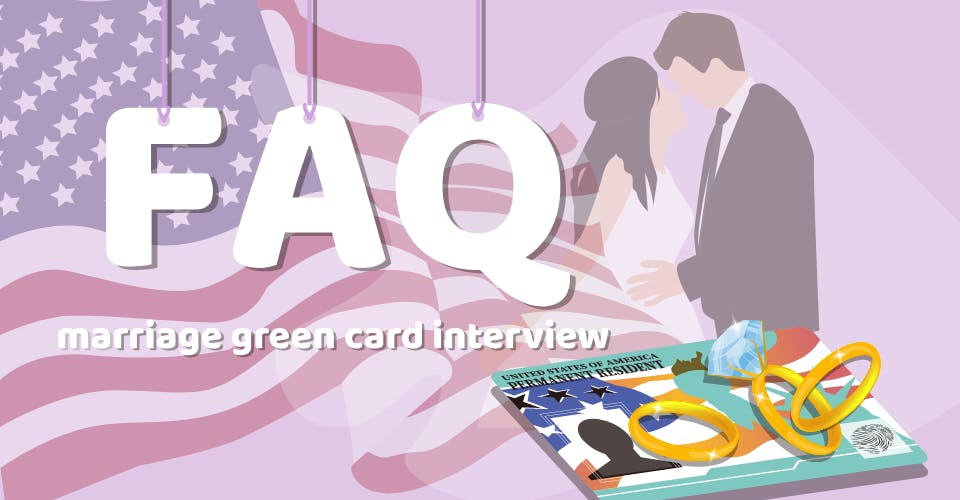Marriage green cards are issued on the basis of a successful marriage, and being able to prove this marriage to a USCIS officer during the green card interview (in which both partners must attend). Things tend to get a little tricky, however, once that marriage is ending, or if a couple decides to file for a divorce, even after the spouse receives their green card. Simply put, the conditionalities around receiving a green card depend on the legitimacy of that certificate, and when it becomes null, problems may arise.
This is because of two main reasons:
1. Marriage green cards, unlike a 10-year green card, are usually issued as 2-year conditional green cards. Thus couples need to file more paperwork with the USCIS at the end of that 2-year period ensuring that they are still in a committed marriage so that the spouse in question can get a permanent green card instead.
2. Changes in your N-400 application and the eligibility you have to file under.
Conditionalities and green cards
Let’s discuss the first reason more in-depth, and then we will take a look at the issues with filing your N-400, Application for Naturalization.
In a previous posting, we discussed the I-751, Petition to Remove Conditions on Residence, and stated that this form should be filed jointly according to USCIS protocol. In their instruction manual on I-751, they state that “if you are still married, then file Form I-751 jointly with your spouse through whom you obtained conditional status.”
However, the instructions also mention that you should not file jointly if:
- Your spouse has since passed away
- The marriage was entered in good faith but later terminated due to a divorce or an annulment
- The marriage was entered in good faith, but through the marriage, you were subjected to extreme cruelty by your petitioning spouse
- The termination of green card status and removal from the U.S. would result in extreme hardship elsewhere
In the case of a divorce, an applicant still needs to file an I-751, but they need to attach a separate waiver stating the condition of their divorce. This is a written waiver that applicants are encouraged to seek the counsel of an attorney to write (if they can afford to). In such a letter, the petitioning applicant needs to make clear the following:
1. That the marriage was originally “bona fide” or genuine during the original green card application process.
2. That it was not in any way a business transaction.
3. Providing evidence of marriage therapy appointment receipts has been mentioned as one way to convince USCIS of such legitimacy.
Divorce and your N-400 Application
According to Section 316(a) of the Immigration and Nationality Act (INA)—an LPR must either have continuous residence in the United States for 3 years and be married or have a continuous presence inside the United States for a period of 5 years given that they are not married, before applying for naturalization.
Thus when going through a divorce, the spouse in question who will go on to apply for citizenship must be aware that once the divorce is finalized, they will need to file their N-400 after five years, given that the original three-year agreement has also been terminated.
If divorced individuals need to change their name back to their maiden name, they also need to make sure that when they file their N-400 paperwork, their case is consistent. The USCIS will most likely ask for additional evidence as to the nature of the divorce, so have that paperwork ready as well.














